Carmilla takes a close look at the Age of Enlightenment and encourages to ask whether—alongside all the progress and benefits modern science has brought about—we might have lost something valuable in the process.

The Story
Laura, narrator and heroine of the story, lives an idyllic life with her father in an old castle in Styria. Geographically isolated, she often feels lonely. A carriage accident delivers a mysterious young girl, named Carmilla, to the castle's doorsteps, hence putting a sudden end to Laura's solitude. The two girls grow close quickly, yet Laura occasionally feels overwhelmed and confused by Carmilla's passionate advances which ignite in her fascination and abhorrence in equal parts. These tense situations, however, do little to tarnish their deepening friendship. Too soon, this life becomes increasingly overshadowed as Laura starts to experience disquieting nightly visions and strange physical symptoms ...

Screenshots
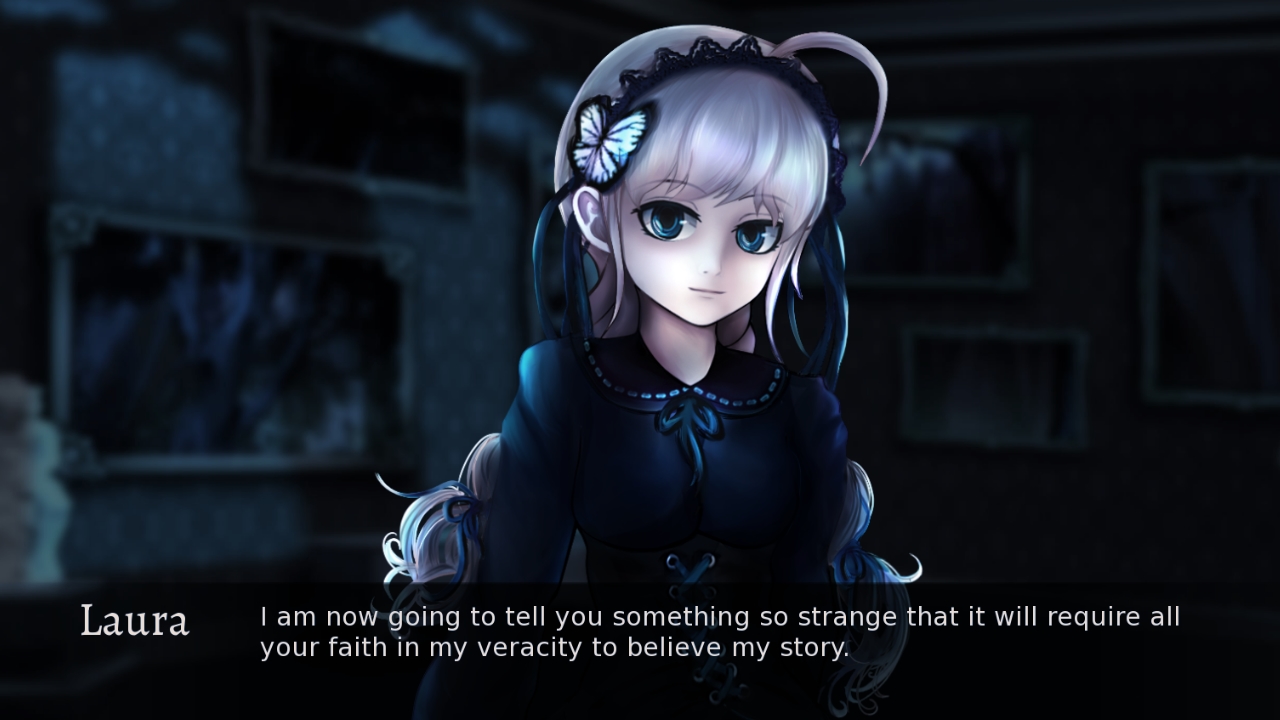
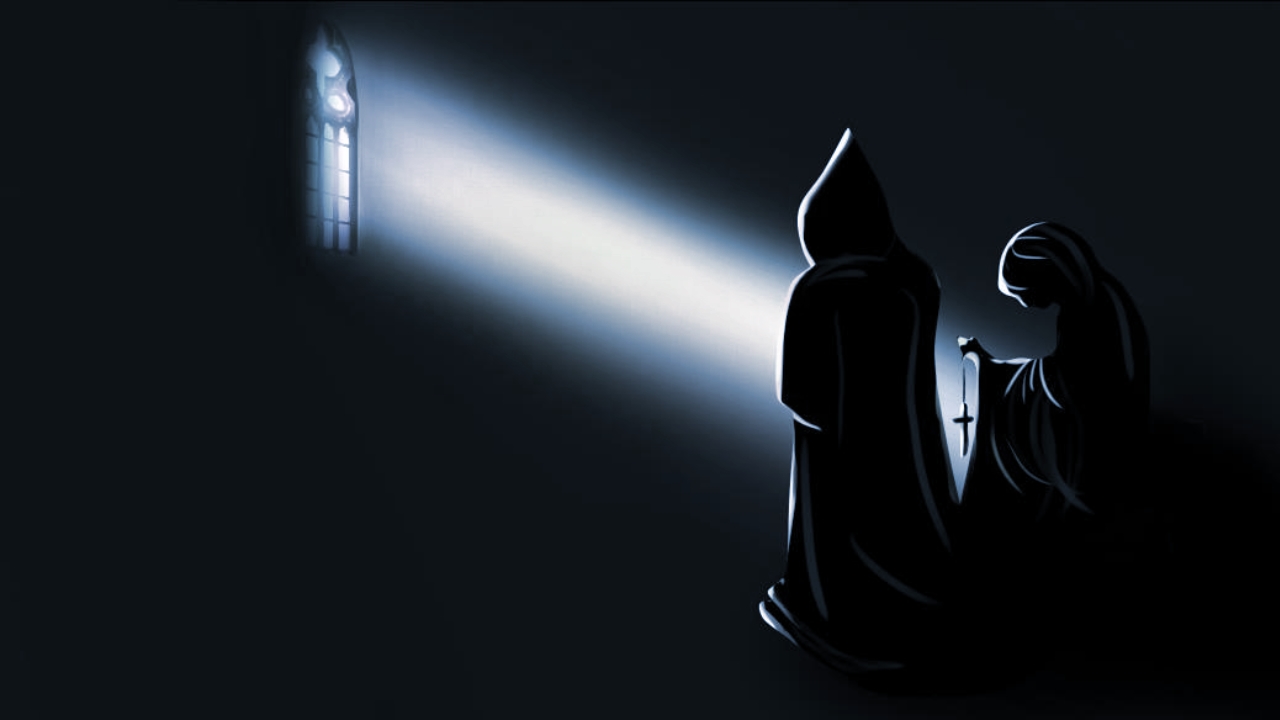
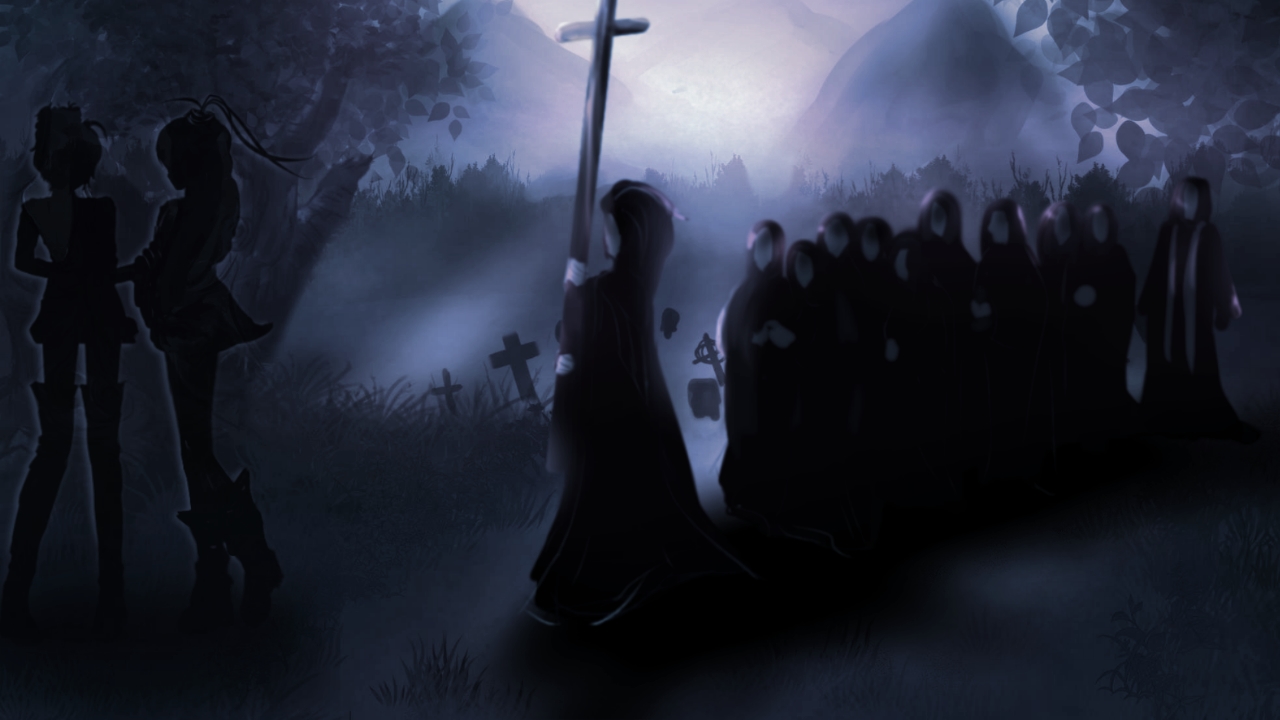
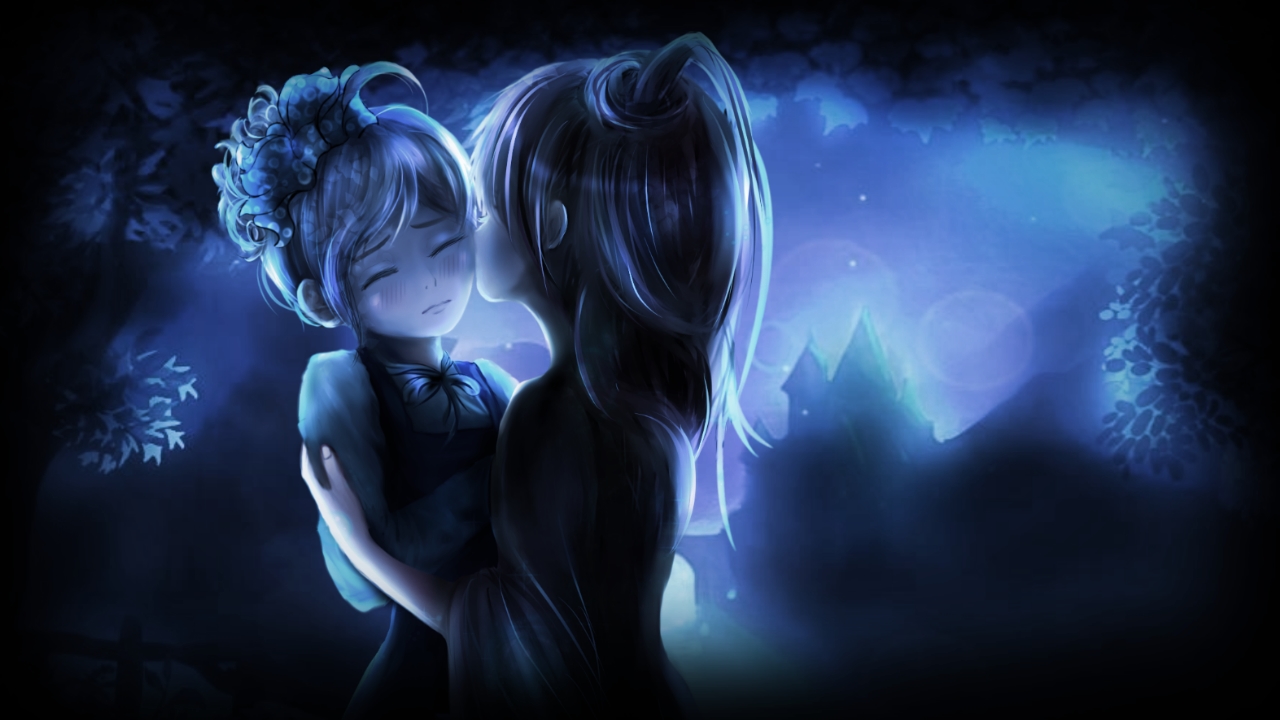
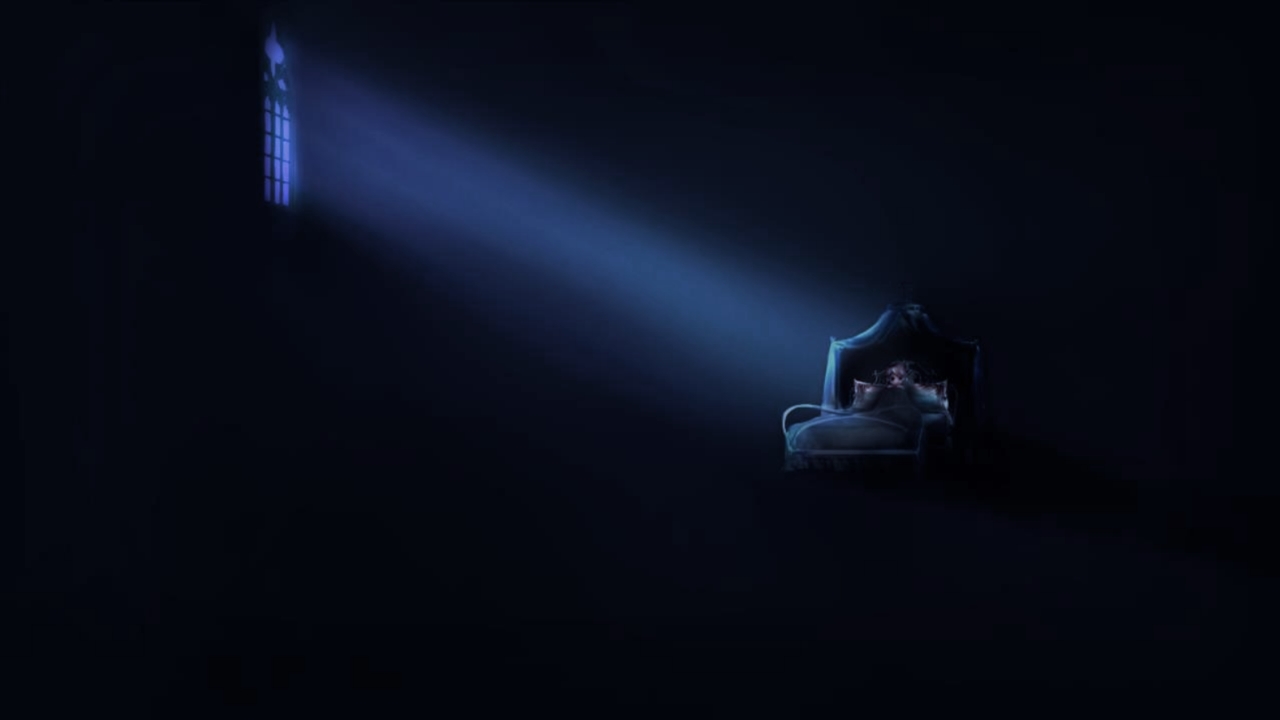
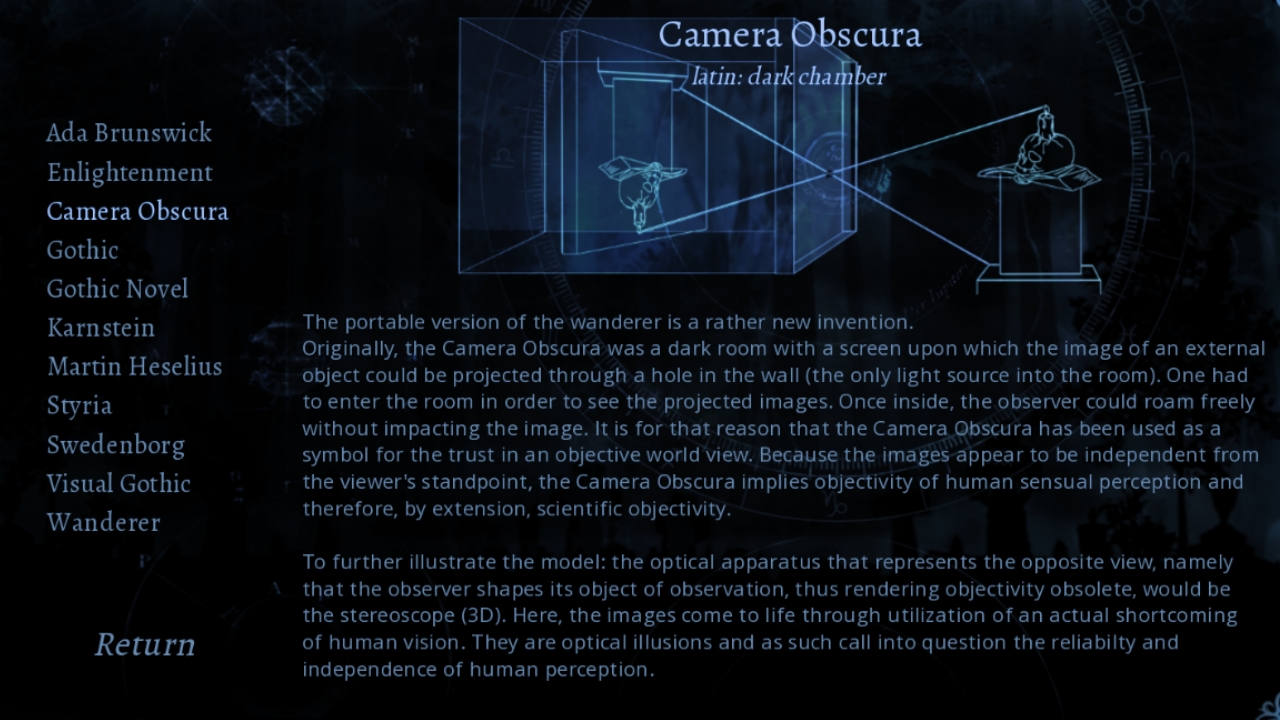
Carmilla has often been called a 'Lesbian Vampire Story', which is pointing out the obvious and missing its point at the same time. On this superficial level, it is also a romance, a tale of bonding between two lonely girls in an isolated environment, with a dash of mystery for good merit.
Not far beneath this entertaining level of the story, readers who prefer their text to play the role of teacher or moralist will readily discover a lesson here: Do not allow dogmatic rationalism to replace superstition and blind you to the truth!
However at its center, Carmilla is an exploration of the human condition after the Enlightenment cemented the distinction between mind and matter, the so called mind-body-dualism, with its clear preference for mind over matter. Today, this duality is hardly ever questioned.
The editors have appended a collection of notes that might serve to illustrate the birth of this new paradigm and assist in carving a path to the real heart of the story.

Download
Carmilla, by Sheridan Le Fanu, was published as part of a book titled "In a Glass Darkly" in 1872. In a Glass Darkly is narrated by a ficticious nameless editor who introduces himself as medical secretary to a German physician, Dr. Martin Heselius. We are presented with a compilation of five case files from Dr. Heselius' archives, four of which are recounted in the doctor's own words. Carmilla, the last case, is an exception and Laura, the homodiegetic narrator of the story, was never Heselius' patient. Her account is preceded by the editor informing us that he has decided to withold the doctor's extensive notes on the matter.
As readers we are left with but one hint concerning the doctor's evaluation of the events Laura recounts, that is their "involving, not improbably, some of the profoundest arcana of our dual existence and its intermediates."
The present visual novel adaptation of Carmilla is an attempt to re-interpret the story in light of what we might call the doctor's spirit and as such it emphasizes the story's numerous hints towards our "dual existence".

